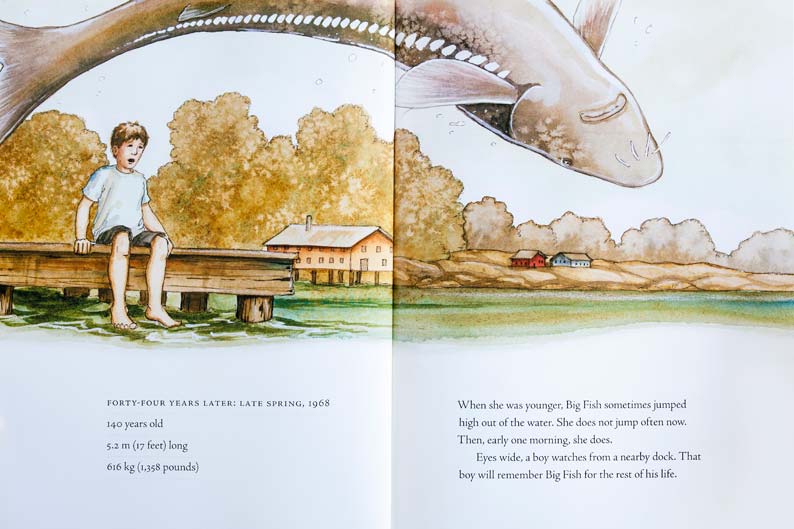Hello, Grade 7s!
This week, we started learning about Black Excellence Day, which will be observed next week (January 15th). This day is one opportunity to learn about, acknowledge, and amplify the stories of innovators from Black communities in Canada and globally!
One of the first changemakers we learned about was Stevie Wonder. His music career has spanned decades, and his messages of hope, equality, and love have been heard around the world! Stevie Wonder is also an inspiring person to learn about not only because of his talents in singing, piano-playing, and songwriting, but because he learned all these skills as a blind person. Stevie Wonder has even collaborated with contemporary artists like Ariana Grande.
Please feel free to watch the videos below… you will likely recognize the songs!
Some possible discussion questions:
-Have you ever heard of Stevie Wonder before? Do you recognize his music?
-Why do you think his career has lasted so long? Why does his music still appeal to modern audiences?
-Who are some other notable musicians from Black communities? Who else might we learn about?







